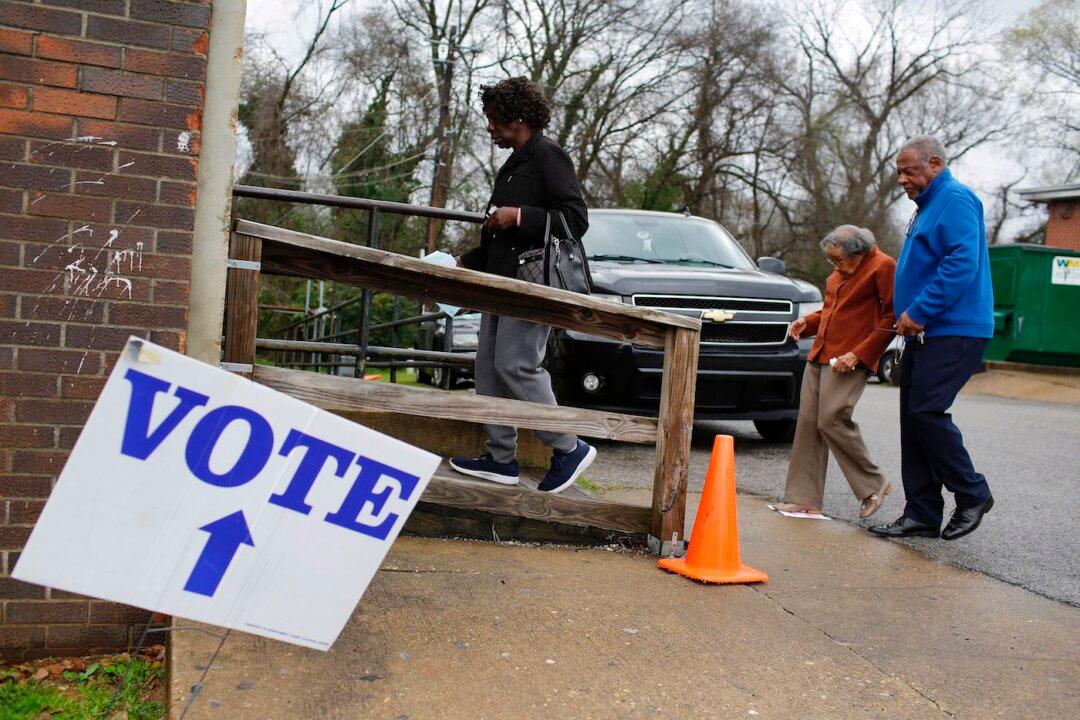In a move to end voter fraud, the state of Alabama announced on Monday it has created its own unique database that can identify duplicate and nonresident voters and deceased residents still listed on the state’s voter rolls.
Called the Alabama Voter Integrity Database or AVID, Alabama Secretary of State Wes Allen announced at a press conference that the state will use it to replace the controversial ERIC system.




